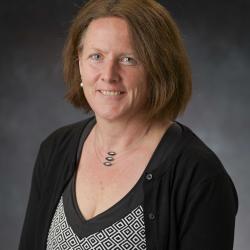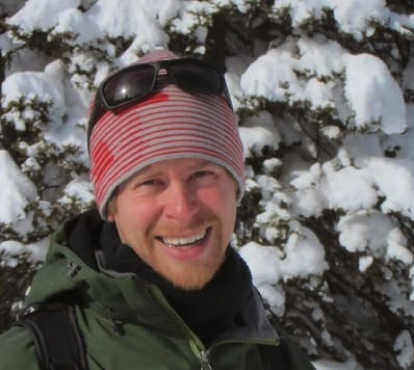Review of the Water Cycle (with a focus on the Western US)
In this video Anne Gold and Eric Gordon give a brief review on the different processes involved in the water cycle, specifically in the Western United States.
In this video Anne Gold and Eric Gordon give a brief review on the different processes involved in the water cycle, specifically in the Western United States.

Anne U. Gold, PhD, is the Director of the CIRES Center for Education, Engagement and Evaluation, and a Fellow and Senior Associate Scientist at the Cooperative Institute for Research in Environmental Sciences (CIRES) at the University of Colorado in Boulder, and an Affiliate Faculty member of CU's School of Education. She leads a vibrant group of CEEE outreach and education professionals in developing engaging and meaningful educational opportunities for all learners. She is a climate scientist by training with a doctoral degree from the University of Regensburg in Germany.

Eric Gordon has nearly 20 years of experience in environmental science, policy, and education. From 2010 to 2015, Eric served as the Managing Director of the Western Water Assessment, a NOAA-supported program that works to connect climate science to water and other natural resource managers in the Intermountain West. He served as lead editor of the Colorado Climate Change Vulnerability Study, contributed to a climate change assessment for the Southwestern US, and published on the watershed impacts of tree mortality due to bark beetle infestation.
Water in the Western US is a free course, “Water in the Western United States,” offered through the platform Coursera, runs for five weeks, accommodates flexible schedules, and requires a total of 15 hours to complete. The course’s five modules are open for learners to complete at any time.
Over a dozen experts in water management, policy, and research contributed to the course to help learners consider the scientific, legal, political, and cultural issues impacting water and climate in the Western United States. Building on this foundational understanding of climate and water in the West, students examine the Colorado River Basin as a case study and conclude the class with a deeper understanding of controversial water issues faced in the American West.
